Michaelia Cash’s ‘divisive’ Indigenous voice to parliament claims rejected
Human rights experts have taken the Shadow Legal Affairs spokeswoman to task, saying the former attorney-general has got it wrong on the voice’s effect.
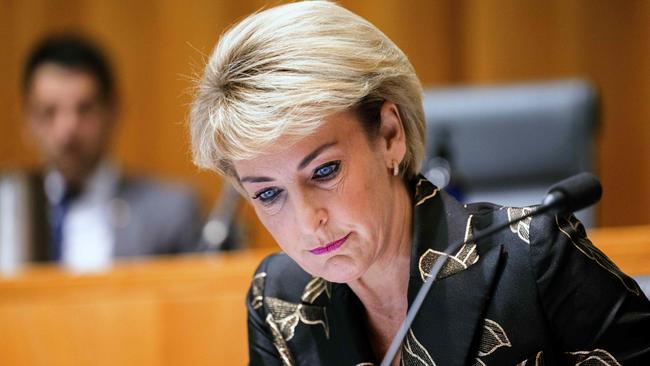
Human rights experts have slammed Michaelia Cash’s assertion that the Indigenous voice to parliament would be “divisive” , saying the former attorney-general is “wrong” about the effect the body would have if it was enshrined in the Constitution at the end of the year.
In the lead-up to the Constitution alteration bill being debated in parliament, Senator Cash told The Australian the voice would “destroy equality of citizenship” and potentially breach discrimination laws by embedding superior rights of one group in the Constitution “based on race”.
“At its core, the voice is divisive … and does nothing to help the most marginalised members of the Indigenous communities,” she said in her first interview as opposition legal affairs spokeswoman.
International human rights lawyer Paula Gerber and Indigenous legal rights expert Katie O’Bryan said Senator Cash’s claims did “not stand up to scrutiny”.
“The shadow attorney-general, Michaelia Cash, has asserted that the voice to parliament is divisive, and breaches discrimination laws. She is wrong,” the two Monash University scholars wrote in The Australian.
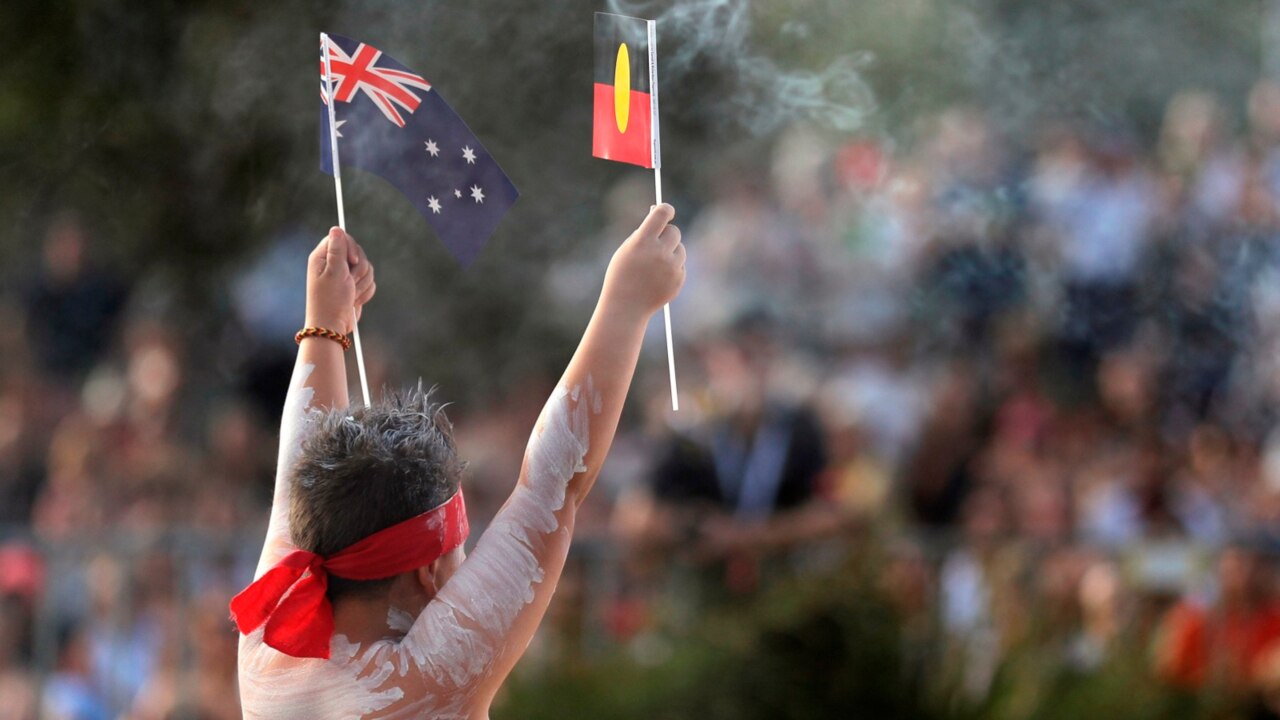
“Seeking to overcome the systemic discrimination that Indigenous Australians face is entirely consistent with our racial discrimination laws.”
In a joint opinion article, Professor Gerber and Dr O’Bryan said the voice would be consistent with Australia’s international law commitments, including the UN declaration on the rights of indigenous peoples that recognised the right of First Nations’ people to “participate in decision-making matters which would affect their rights”.
“The voice is doing no more than this.
“It is not giving Indigenous peoples any power to veto laws and is not a ‘third chamber’ as critics like Scott Morrison have claimed,” they said. “Senator Michaelia Cash also says that the voice will embed ‘superior rights’ in the Constitution. Again, she is wrong. The voice does not create special rights or breach discrimination laws.
“Rather, it gives Aboriginal and Torres Strait Islander peoples a permanent mechanism by which they can put their views to parliament and the executive government.”
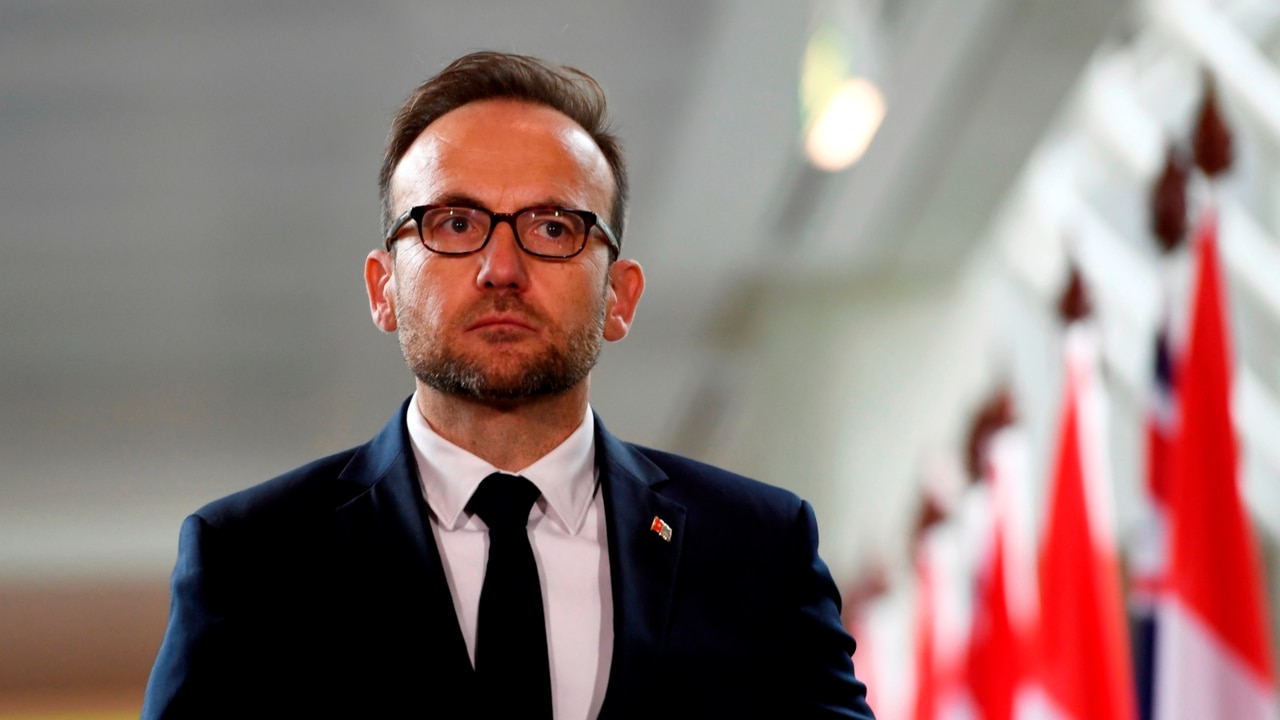
It follows debate over whether the reference to executive government should remain within the constitutional amendment, with some legal experts like George Williams and referendum working group member Sean Gordon calling for its removal to reduce the legal risks presented by the body.
Professor Gerber and Dr O’Bryan said Australians should not fear the representations the voice might make, including to the executive, and that the body would only unite the nation.
“There are people who disagree with the idea of the voice, and who will disagree with representations that the voice might make. That is nothing to fear,” they said.
“A healthy democracy relies on the ability of people to be able to express their views, particularly on matters which affect them. ”


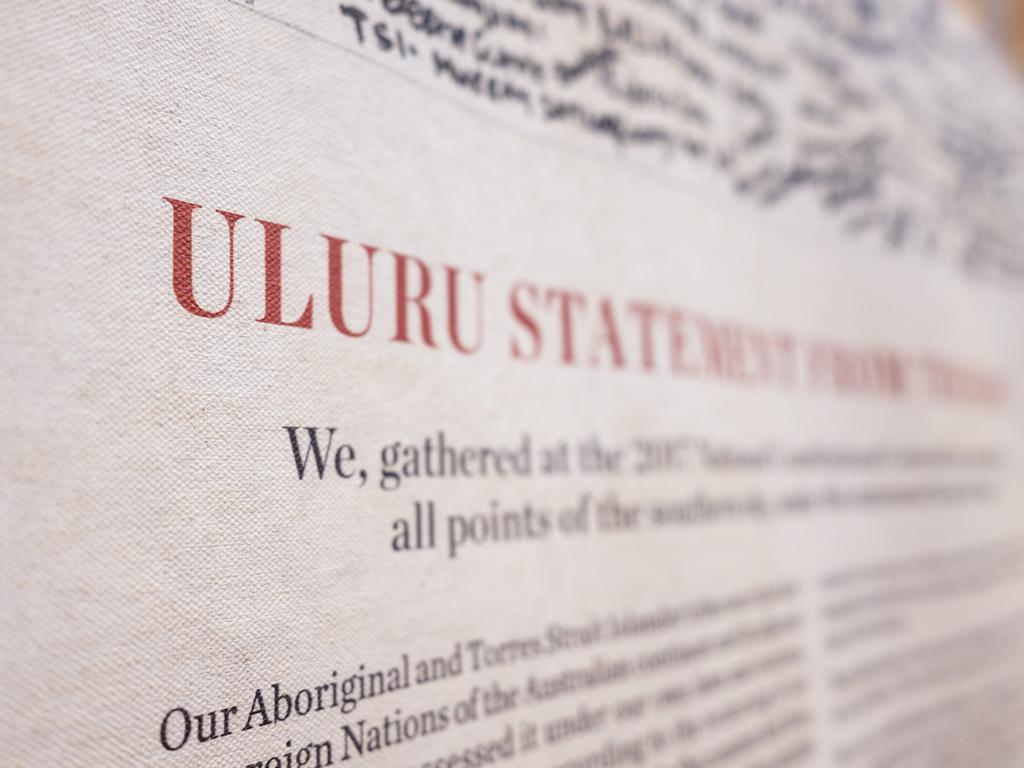
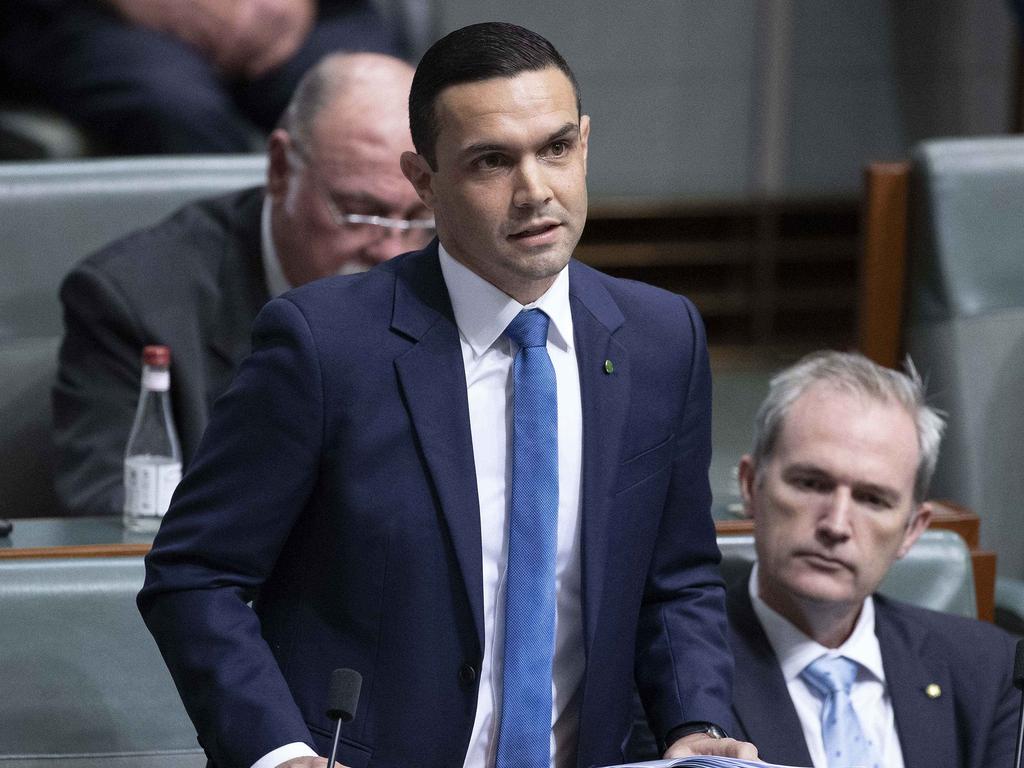
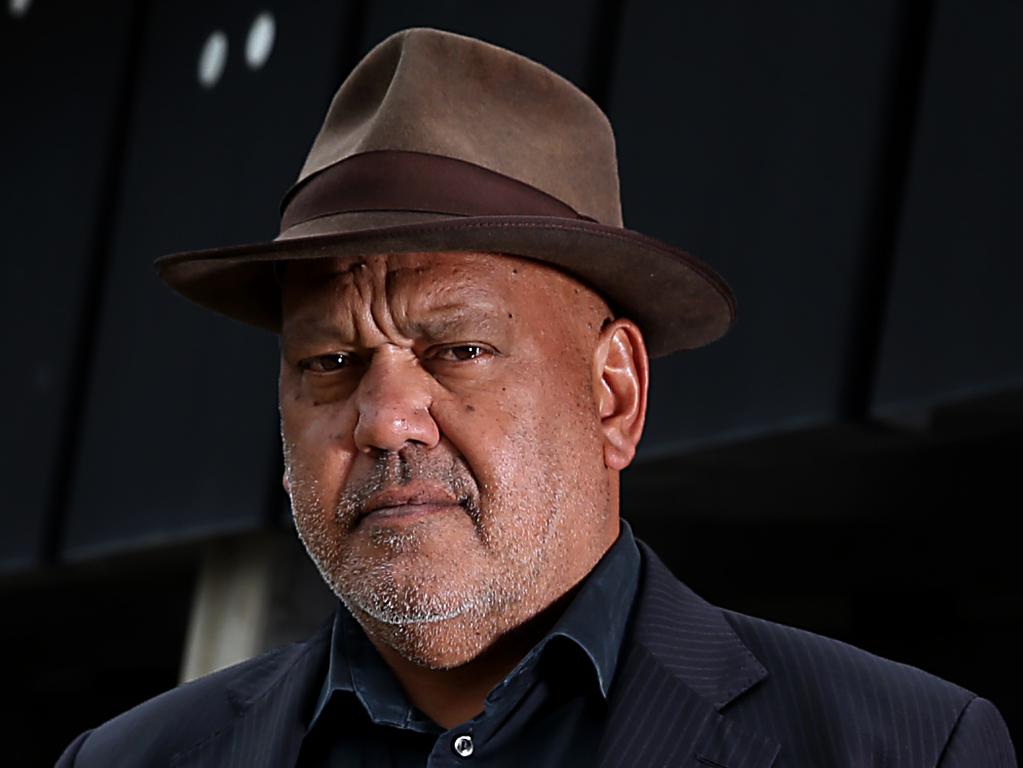


To join the conversation, please log in. Don't have an account? Register
Join the conversation, you are commenting as Logout